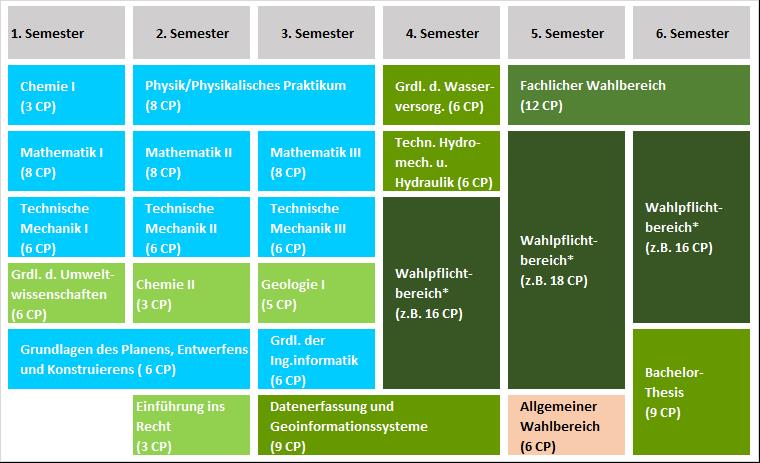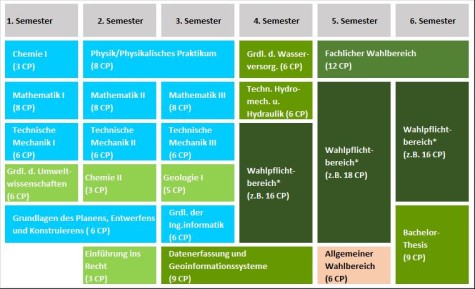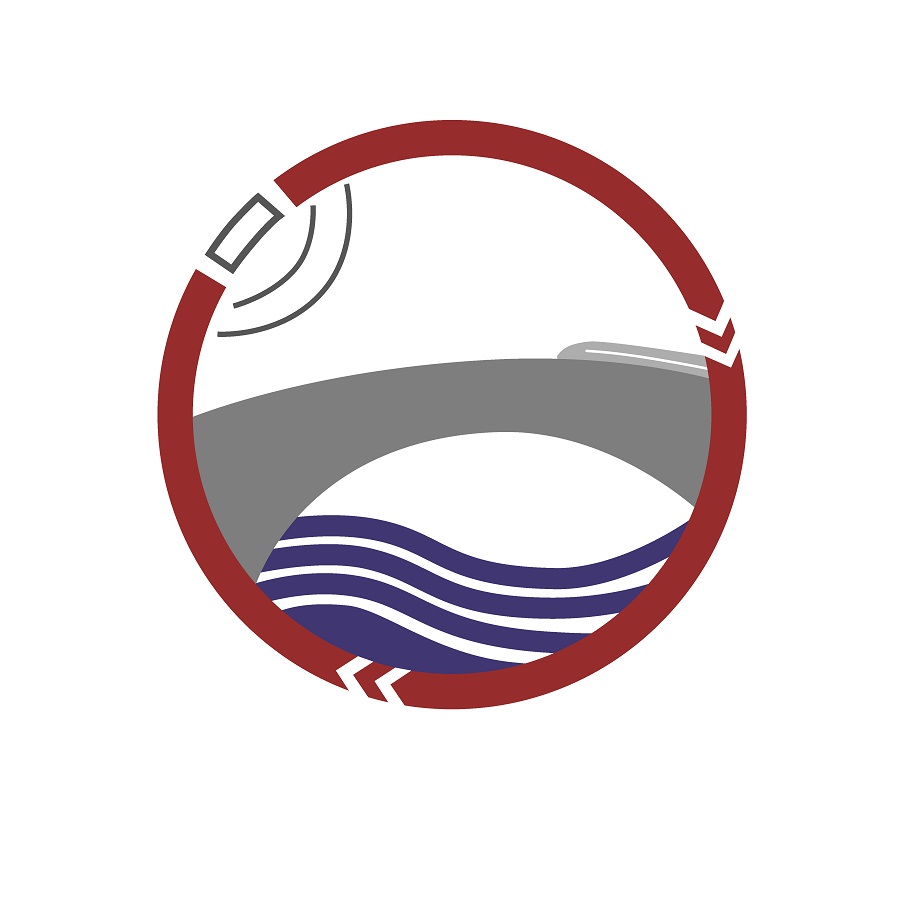Environmental engineering – a clean business!
How can we bring clean water to Africa and develop the necessary infrastructure so that local people can treat it?
Or how do we manage to no longer suffocate in garbage in the mega cities of the world? Which water cycles are there? And how do you plan a city with optimal conditions for infrastructure and healthy living?
Environmental engineers investigate these questions and find innovative solutions for the urgent tasks of our time. They do research on site and search for new methods in laboratories. They are as familiar with bacteria as they are with the laws of chemistry and physics and use processes that are modelled on nature. So that we can all live well in the future.
The programme is divided into the following main components:


At the end of their studies, students show with their Bachelor's thesis that they can independently work on a problem from the field of Environmental Engineering using scientific methods.
You can find details about the programme in the Study Regulations and the Module Handbook, which you can find on the download page of the Office for Student Affairs . The study and examination plans are also stored there.

Student Advisory Service
You will have a mentor at your side who will support and advise you in this matter. This will make your individual study plan a success.
Application and admission
Information on application and admission can be found on the main pages of the TU.


